Meg Senuta: Surviving IBC Through Community – And Stories

Meg Senuta
In March of 2011 I was diagnosed with Stage III (c) HER2-positive/HR-negative Inflammatory Breast Cancer (IBC). Like most people, I had never heard of IBC, let alone met anyone who had it.
The truth is, for a couple of months I had noticed that my right breast looked a little larger than the left. I thought it was hormones, weight gain, something benign that would resolve by itself. Nothing to worry about. I was fifty- seven then. Not young, but not old, either. When my breast turned a light pink, I called my primary care doctor to describe my symptoms. “When can you come in?” she asked me. I was finishing up a busy college admissions season at work so for the first time in months I had some flexibility in my schedule. “How about next week?” I asked her. “Next Tuesday?” “No,” she said. “I mean what time today.”
I was lucky. Not lucky to have IBC, obviously. But lucky to have Dr. Chang, who knew its symptoms. Who examined me immediately and set up scans and tests and biopsies over the course of the next couple of days.
I was shocked to learn about this subtype of breast cancer that appears without a lump. That is always at least Stage III when it’s diagnosed. I was not just shocked, I was indignant. What about the whole early detection campaign in the media? The whole “check for a lump” campaign? Now I know: Any change in your breast means you should get checked out.
I was also lucky that a treatment protocol exists for HER2-positive IBC. Not long before I was diagnosed, there was not a great treatment. Survival stats weren’t promising, to say the least. I’m lucky my IBC came after the advent of Herceptin. I’m also fortunate to live near Dana Farber in Boston, where I was treated by Dr. Beth Overmoyer, who acted as my IBC warrior when I didn’t have the confidence or strength. (I know, I’m not a fan of the “warrior” and “battle” metaphor for cancer, but sometimes, honestly, how else can you describe the campaign you have to mount to get through IBC treatment, let alone the disease itself?)
I’m surprised to be telling this story as what sounds like a series of lucky events. It’s not the way it felt in real time, but it’s the way it looks in hindsight.
More luck: I was not alone. I had a wretched time with chemotherapy. I was hospitalized with infections, with C.Diff. I needed blood transfusions, I was neutropenic, etc. But I had a caring husband, two wonderful kids, friends and family, my church, and my writing group for support and all kinds of help, from meals to rides to visits to gifts. I am not particularly deserving of all the love and support I received, but there it was, nevertheless.
What I did not have was people like me. People with IBC. I searched and discovered the online IBC Research support group community where I could get reliable information and connection. I discovered Anya Silver’s poetry, which has come to mean so much to me and I keep close at hand. I joined a local IBC support group and met other recently diagnosed women and even more importantly, met women who had been living with and after IBC for ten years. Ten years!
When my treatment ended after sixteen months, I was surprised to find that while treatment was over, cancer didn’t feel over. The check ups every three months, my low blood counts, and my own uni-breasted irradiated body reminded me of what I had just been through, and how it might return. Though my pathology report after surgery showed No Evidence of Disease, the reality is that there is no cure, no cancer-free. In fact, very recently I had a biopsy for possible skin metastasis. Fortunately, the biopsy showed no cancer.
When I go to an IBC support group meeting now, I am one of the old-timers. I hope that just by my presence I can steady the fears of someone newly diagnosed. I attend IBC conferences and meetings when they’re in Boston. It’s at one of these that I met Ginny Mason of the Inflammatory Breast Cancer Research Foundation. Though I’m not a trained advocate, I served as a patient advocate on a research grant by a major medical school. I’ve acted as patient/participant in a collaboration among a medical school, teaching hospital, and cancer support non-profit to do empathy training with first-year medical students. I make sure these students know about IBC and its symptoms.
I’ve come to think there are two kinds of people: those who put an experience like IBC in the rear view mirror and resume their lives, and those who ask themselves, What the heck just happened? I’m definitely in the latter camp. How do I live in this new place, this place of uncertainty? I feel an urgency to figure it out, and to write about it. I feel an urgency to read what other people have to say about their experiences. Science and medicine helped me survive IBC, but it’s stories, yours and mine, that help me live.



